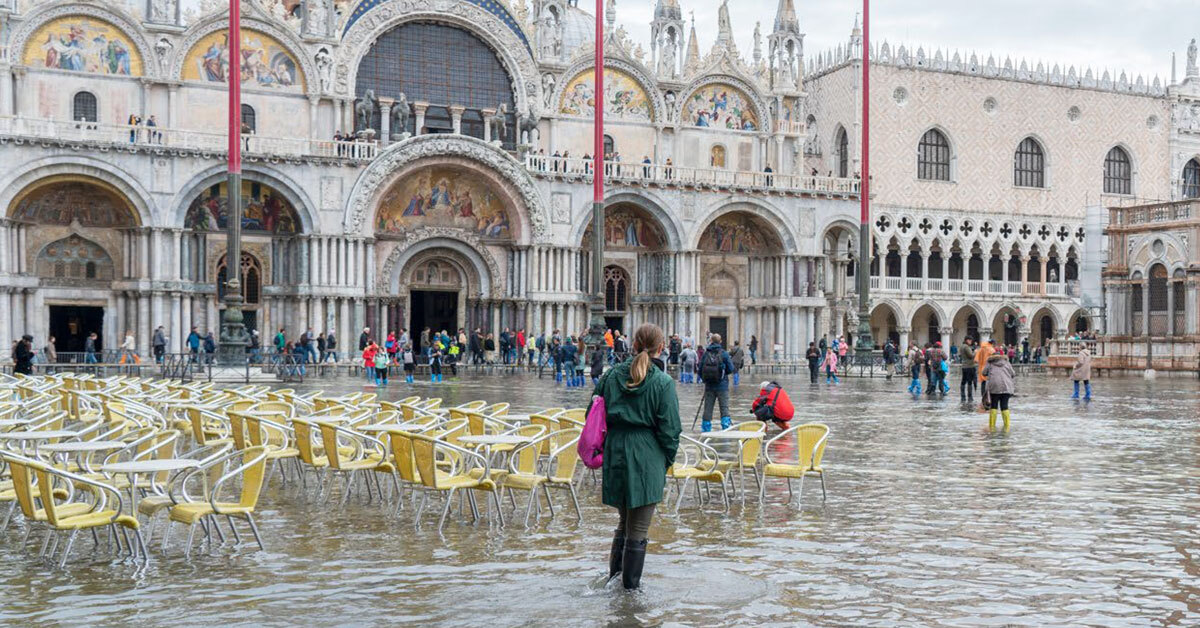
Some of our planet’s natural and cultural assets listed under the World Heritage Convention will be impossible to maintain in the face of climate change, even if effective adaptation and on-site mitigation strategies are applied locally, a roundtable of experts concluded in a report released this week.
The Australian Academy of Science, in consultation with the Australian Academy of Law, assembled 18 Australian experts in natural and cultural heritage, climate change and diplomacy at a national roundtable in December 2021.
The impact of climate change on heritage-listed assets is complex and global.
“The Academy of Science was pleased to draw together experts to search for ways to manage these assets within this complexity, and so ensure that future generations will be able to relish them just as we have been able to do,” said Professor John Shine, President of the Australian Academy of Science.
The aim of the roundtable was to develop a ‘menu of ideas’ that would initiate serious discussion about what could be done to amend the Convention to enable it to support the world’s most precious heritage assets in the face of unremitting climate change.
Ideas put forward include: reforming the nomination, inscription, evaluation and delisting of properties included defining the limits of acceptable change to sites, the use of climate vulnerability assessments and possible changes to World Heritage Committee processes to recognise effectively the threat of climate change.
2022 is the 50-year anniversary of the World Heritage Convention, which was adopted by the General Conference of UNESCO in 1972.
Adapting the Convention to enable it to address contemporary pressures – like the consequences of climate change – would be a fitting project both to celebrate achievements to date and to prepare the utility of the Convention for the coming decades.
Australia has a strong interest in encouraging reform, as a high proportion of Australia’s world heritage properties are threatened by climate change.
The International Union for the Conservation of Nature has rated 11 of Australia’s 16 natural and mixed World Heritage properties as being at high risk from climate change.
© 2026 Australian Academy of Science